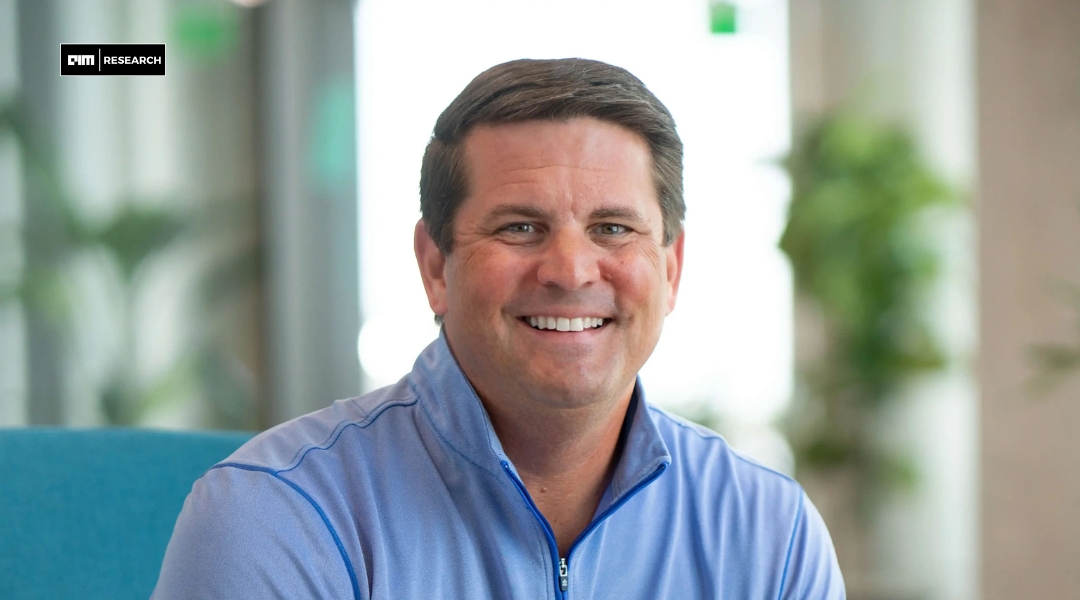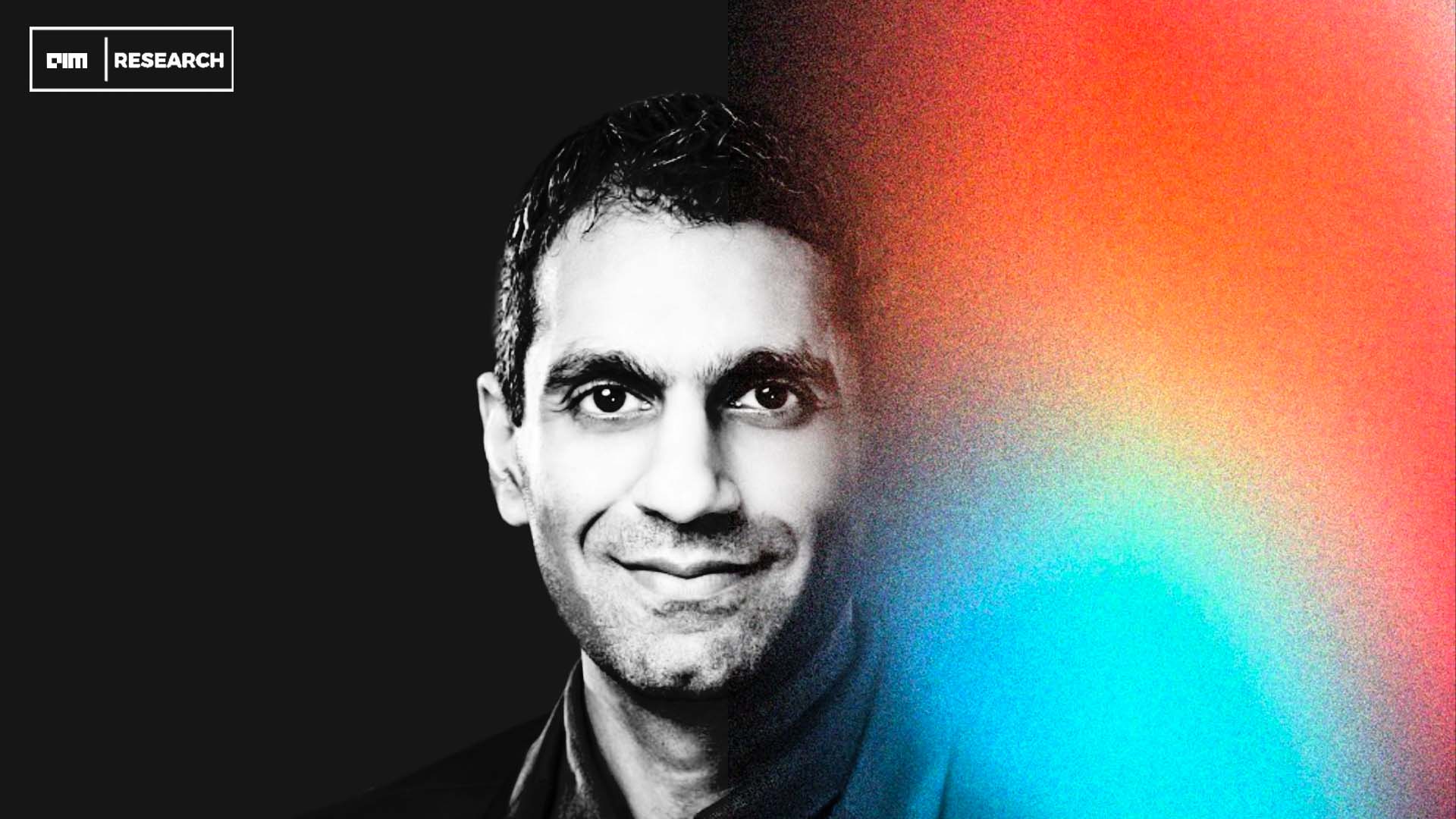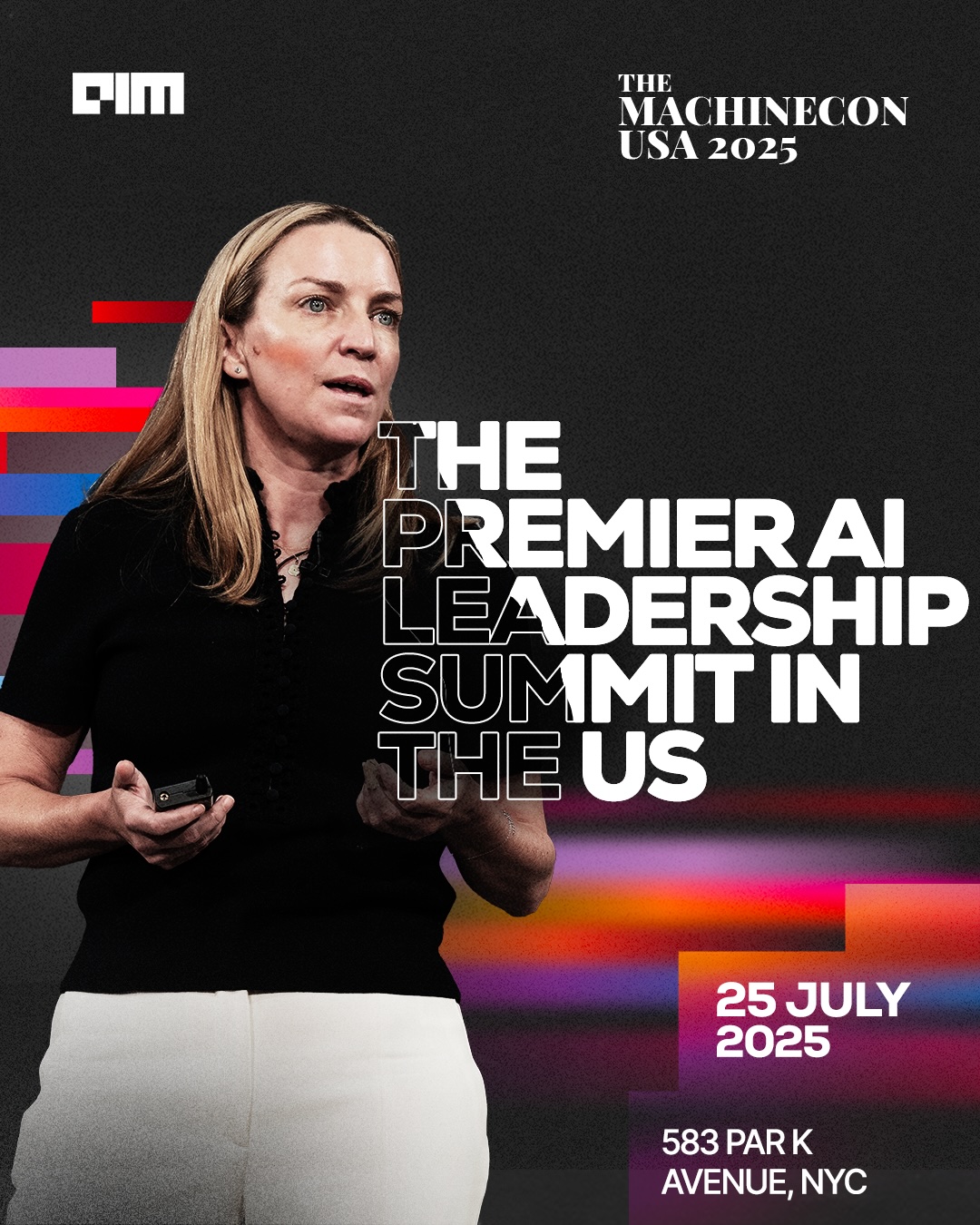In 2017, David Karandish and Chris Sims co-founded Capacity as part of the Equity.com incubator program, but their journey into the tech world started long before that. As teenagers, they launched their first company building web pages. Their entrepreneurial spirit didn’t stop there—they went on to create an online fashion blog and developed a plug-in for AOL Instant Messenger that converted typed text into spoken speech. By the time they became college roommates, their days were consumed with innovation and hard work, even as they juggled demanding coursework from a “roach-y” apartment and later a house in Maplewood. It was clear early on that Karandish and Sims were determined to build something big.
After successfully selling Answers.com for $900 million, Karandish set his sights on tackling major blockers in customer service operations. He recognized the growing pressure on support teams to “do more with less” in the face of skyrocketing consumer expectations. This realization became the foundation for Capacity, an AI-powered support automation platform designed to streamline and improve customer service. Karandish’s goal was simple yet ambitious: to offer a seamless customer experience where self-service was efficient, but escalation to a human would be smooth and effective when necessary.
Funding the Vision
Capacity’s journey began with a modest $1.2 million raised at its launch, which laid the groundwork for their innovative platform. Their seed round in January 2018 brought in an additional $3 million, led by Founder.org. By October 2020, Capacity had secured $11 million in a Series C funding round, bringing their total investment to $34 million. Fast-forward to January 2022, and an additional $27 million in Series C funding pushed the total to over $38 million. The company’s most recent Series D round in October 2024 brought in more than $26 million, bringing their total funding raised to over $89 million.
Throughout their funding history, Capacity has intentionally avoided large institutional investors. Instead, the company has focused on securing capital from angel investors, customers, friends, and Midwest sources, emphasizing the importance of building strong relationships within their network.
At its core, Capacity’s platform is designed to streamline customer service operations using a combination of AI technologies, including Natural Language Processing (NLP), Machine Learning (ML), and Retrieval-Augmented Generation (RAG). Their AI-driven approach enables the platform to understand and respond to user queries effectively, improving performance and reliability over time. RAG, in particular, helps reduce AI hallucinations, making Capacity’s platform more dependable for enterprise use.
Capacity’s system mines an organization’s knowledge base, ensuring that it can answer over 84% of inquiries without human involvement. For more complex issues, the platform seamlessly escalates cases to the appropriate team members.
Aggressive Growth and Strategic Acquisitions
Since its inception, Capacity has been on an aggressive expansion path, acquiring eight companies in less than two years. These acquisitions include Lucy, an AI-powered answer engine for navigating organizational data, and Envision, a specialist in customer and agent experience enhancement. They also acquired Linc, which focuses on customer experience automation for retail and e-commerce brands, along with Textel, LumenVox, Denim Social, SmartAction, and CereProc. These strategic acquisitions have significantly broadened Capacity’s capabilities, enabling them to provide enhanced enterprise search, advanced contact center solutions, specialized e-commerce support, voice support, and even social media management for regulated industries.
Expanding Capabilities and Leadership
With these new additions, Capacity now serves over 2,500 companies, offering AI-powered solutions for self-service, agent assistance, campaign automation, and workflow optimization. Their platform has evolved into an all-in-one solution that integrates across various communication channels, including web, SMS, email, voice, social media, Slack, MS Teams, and multiple helpdesk platforms.
In addition to expanding their technological capabilities, Capacity has bolstered its leadership team, appointing Karaline Venezia as Chief Revenue Officer and promoting Tim Yeadon to Chief Operating Officer. With an eye on growth, the company plans to expand its workforce to 200 employees by the end of 2024.
A Focus on the Future
As of 2024, Capacity’s annual recurring revenue is approaching $50 million, and the company remains committed to innovating in the AI-powered support automation space. Their current strategy involves developing customized generative AI models tailored to specific industries like healthcare, finance, and legal, further strengthening their platform’s utility. David Karandish, CEO of Capacity, explained the company’s mission succinctly: “We’re at an inflection point for AI, and many businesses are realizing that they need a complete platform to be successful, rather than cobbled-together point solutions.”
Capacity’s journey is far from over. With plans to integrate all acquired technologies into their platform by 2025, they are well-positioned to become a leader in AI-powered customer and employee experience optimization. The company is also moving towards profitability, focusing on providing practical solutions that meet the evolving demands of modern businesses.
Innovating for Customer and Agent Experience
Beyond their acquisition spree, Capacity continues to innovate within the realm of customer service automation. Their intelligent document processing (IDP) functionality transforms static documents into dynamic, conversational resources. Once uploaded to a cloud drive, Capacity’s system automatically adds the information into a question-and-answer format, improving both internal and external user experiences. This eliminates unnecessary support tickets, reduces workload, and ensures faster access to relevant information for end-users.
In contrast to competitors like Freshdesk and Zendesk, which often rely on manual searches, Capacity’s automated approach leverages AI to enhance efficiency and accuracy. The platform mines organizational knowledge and uses natural language processing to respond intelligently to queries, setting a new standard for the helpdesk automation market.
Capacity’s vision extends into voice technologies and contact center solutions. With their acquisition of CereProc and SmartAction, they have added new dimensions to their platform. CereProc’s speech synthesis system allows businesses to create synthesized voices for web and multimedia interfaces, while SmartAction provides AI-powered virtual agents that offer omnichannel support, personalized interactions, and proactive follow-up capabilities. These additions enhance Capacity’s ability to deliver a seamless customer experience across multiple touchpoints.
Helping Businesses Navigate AI Implementation
Recognizing that many businesses struggle to implement AI effectively, Capacity launched AIAssessment.com, a service designed to help companies assess and integrate AI technologies into their operations. This five-step process includes surveying current processes, mapping AI investment opportunities, and delivering actionable reports that companies can either implement internally or through Capacity.
As Karandish reflects on Capacity’s mission, it becomes clear that their focus on automation isn’t just about efficiency—it’s about meeting the demands of a modern workforce while enhancing the customer experience. “Rising costs have placed pressure on support teams to do more with less,” he noted. “At the same time, consumer expectations are shifting rapidly where consumers both want self-service but are increasingly frustrated by lackluster experiences. Our goal with Capacity is to provide a great customer experience while also recognizing that escalating to a human is the right thing to do in many cases.”























